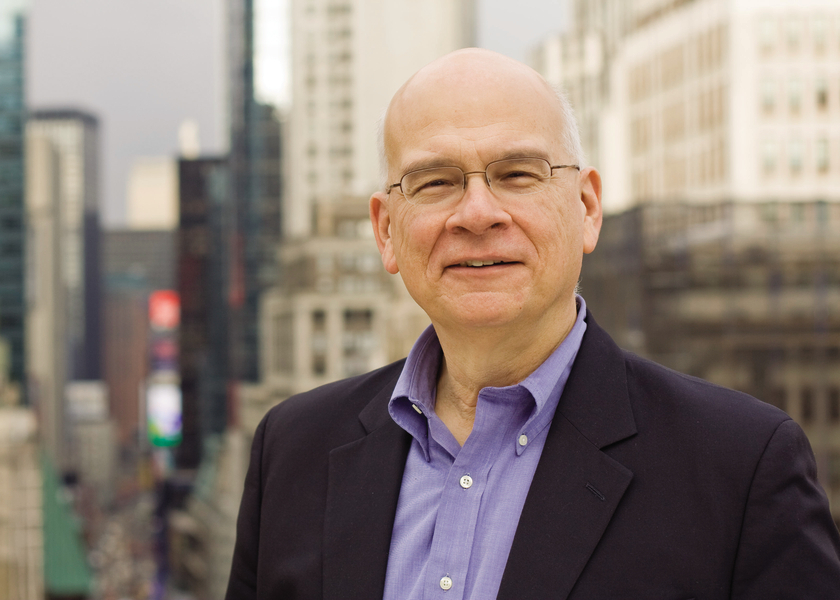

I didn’t want something that was going to crumble as I got older.” I was afraid it would crumble later on in life as I started getting older and reading more books. And if I was going to embrace Christianity fully, I wanted to really believe it was intellectually credible.” He led with the intellectual, he said, “because I was afraid that I was going to come up with some faith that just met my emotional needs and that wasn’t real. “I’m the kind of person, I don’t trust my feelings. “I took a rational path, I would say, toward being a Christian,” Keller told me. Read more: How Timothy Keller spreads the gospel in New York City, and beyond (Some of the things that most stand out about Keller are his scholarly cast of mind, intellectual curiosity, and recall.) On the one hand, he started seriously engaging with Christians and Christianity by reading books about faith, including some by C. “I did struggle with who I was.” And then, he said, he came into contact with thoughtful Christians, “and they surprised me.”įor Keller, two things were going on at once. At Bucknell University in the late ’60s and early ’70s, he struggled with finding his identity, feeling that some of his desires were clashing with his conscience. He was raised in the Lutheran Church in southeastern Pennsylvania.

No two journeys of faith are alike, so I asked Keller about his.

So it seemed like a good time to interview Keller, first in an hour-and-a-half phone conversation and then over email, to ask him to reflect on his past, Christian theology, and the role of Christianity in contemporary American society. I met Keller through Cindy, and over the decades we’ve developed a close friendship, including conversations, in person and via email, about family and mutual friends, theology and philosophy, faith and science, and politics and books-and in just about every instance, I’ve come away at least a little more enlightened than I was, including on matters on which we might not fully agree. He’s chairman of Redeemer City to City, which has helped start more than 500 churches in many of the most influential cities in the world he’s a visiting lecturer in pastoral theology at Reformed Theological Seminary New York City and he’s one of the most in-demand evangelical speakers in the Christian world. In 2017, Keller retired as senior pastor of Redeemer, but he hasn’t slowed down. And unlike that of many popular ministers, his reach extends far beyond the Christian subculture. He has written about two dozen books, several of them best sellers. When he founded Redeemer in the fall of 1989, fewer than 100 people attended in the aftermath of the attacks on September 11, 2001, Keller was preaching in multiple services in three different venues each Sunday to about 5,000 people-mostly young, single, professionally and ethnically diverse. Since that time Keller, 69, has become one of the most consequential figures in American Christianity.
#Tim keller health full#
To hear more feature stories, see our full list or get the Audm iPhone app.


 0 kommentar(er)
0 kommentar(er)
